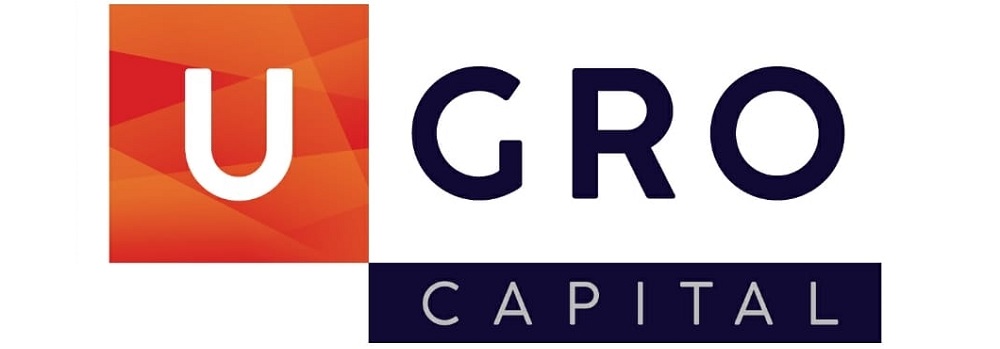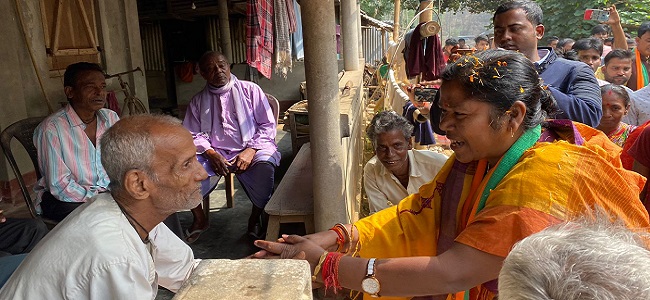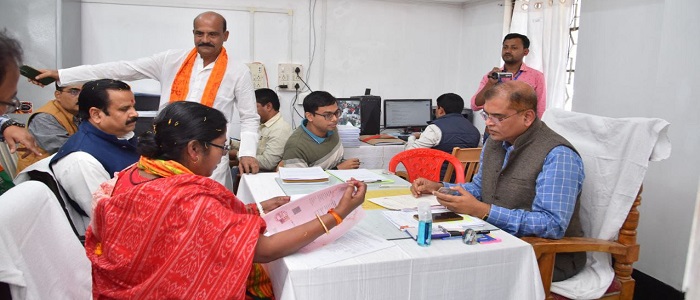Mumbai/Kolkata: India’s Micro, Small and Medium Enterprises (MSME) ecosystem plays a vital role in shaping and growing the country’s economy. Post the COVID-19 pandemic, that is, from FY21 to FY22, the contribution of MSMEs to India’s Gross Value Added (GVA) has grown significantly.
A joint report by U GRO Capital and Dun & Bradstreet, titled ‘MSME Sampark Bi-annual report on the latest in MSME lending ecosystem’, takes a close look at where the Indian MSME segment is positioned now after having stepped out of the COVID-19 pandemic, the credit scenario in the segment, the formalisation of credit in the segment and the increasing ticket size of loans, among others.
The report also signals optimism for domestic demand and profitability and is highly optimistic of the increasing capex and hiring by MSMEs which bodes well for the overall growth momentum.
Shachindra Nath, Founder and Managing Director, U GRO Capital, said, “This report highlights the critical role that MSMEs play in shaping the destiny of the Indian economy. It takes a deep dive into the nuances of the MSME sector, shedding light on its resilience, innovation, and the pivotal role it plays in fostering economic growth and employment.”

Avinash Gupta, MD & CEO – India, Dun & Bradstreet, said, “India aims to be a US$30 trillion economy by 2047, roughly 8x increase in two decades. MSMEs contribute nearly a third of India’s GDP. It is imperative that MSMEs scale up significantly and quickly, necessitating estimated US$11.5 trillion financing requirement in fixed assets. The MSME Sampark report jointly produced by Dun and Bradstreet and UGRO Capital aims to track MSMEs performance, credit behaviour and financial environment on a bi-annual basis.”
Avinash Gupta added, “We have observed that businesses optimism of MSMEs has soared to the highest level since 2022, indicating improvement in performance even in the face of difficult external environment. Moderate delinquency rates and low sector risks have also improved MSMEs borrowing prospects. The Government’s continued thrust on formalization is furthering the formal credit penetration in the sector”.
Key Highlights of the Report:
- Global growth slowed markedly in 2023, and we expect growth to remain subdued in 2024. With a growth rate of 7.3% in FY23, India is poised for a strong growth in FY24.
- We understand that a robust MSME activity will be pivotal to India’s growth story.
- MSME sector in India continued to demonstrate resilience and growth. Since its inception in 2020, MSME registrations on UDYAM have increased by 2.4 times by FY23, while they have generated 1.6 times more employment opportunities.
- Despite the ongoing global economic slowdown, the optimism level among small businesses persists reaching a peak in Q4 2023, the highest since 2022.
- Dun & Bradstreet’s proprietary risk rating score of MSMEs indicate that risk to MSMEs moderated in 2022 compared to 2019.
- Low risk in the MSME sector and declining delinquency rates are enhancing the borrowing prospects for MSMEs. Both SCBs and NBFCs share of credit to micro and small firms has increased in FY23 compared to the pre-pandemic period.
- Post pandemic, ticket size of loans by lenders to MSMEs has increased while approval rates have fallen indicating cautiousness after the removal of pandemic relief measures.
- The drop in the approval rate is greater in PSUs for both the medium risk and high-risk firms while NBFCs remain the most cautious for the high-risk firms.
The report leverages various public and Dun & Bradstreet’s data cloud to analyse overall MSME segment’s health and credit requirements. Detailed financial analysis of sample MSMEs firms in eight sectors are undertaken to understand and risk dynamics.
The report includes insights derived from niche study of 25,000+ MSME’s financial and repayment performance over 3-year timeframe. These MSMEs have a turnover of less than 100 crores and operate in UGRO focussed sectors.






